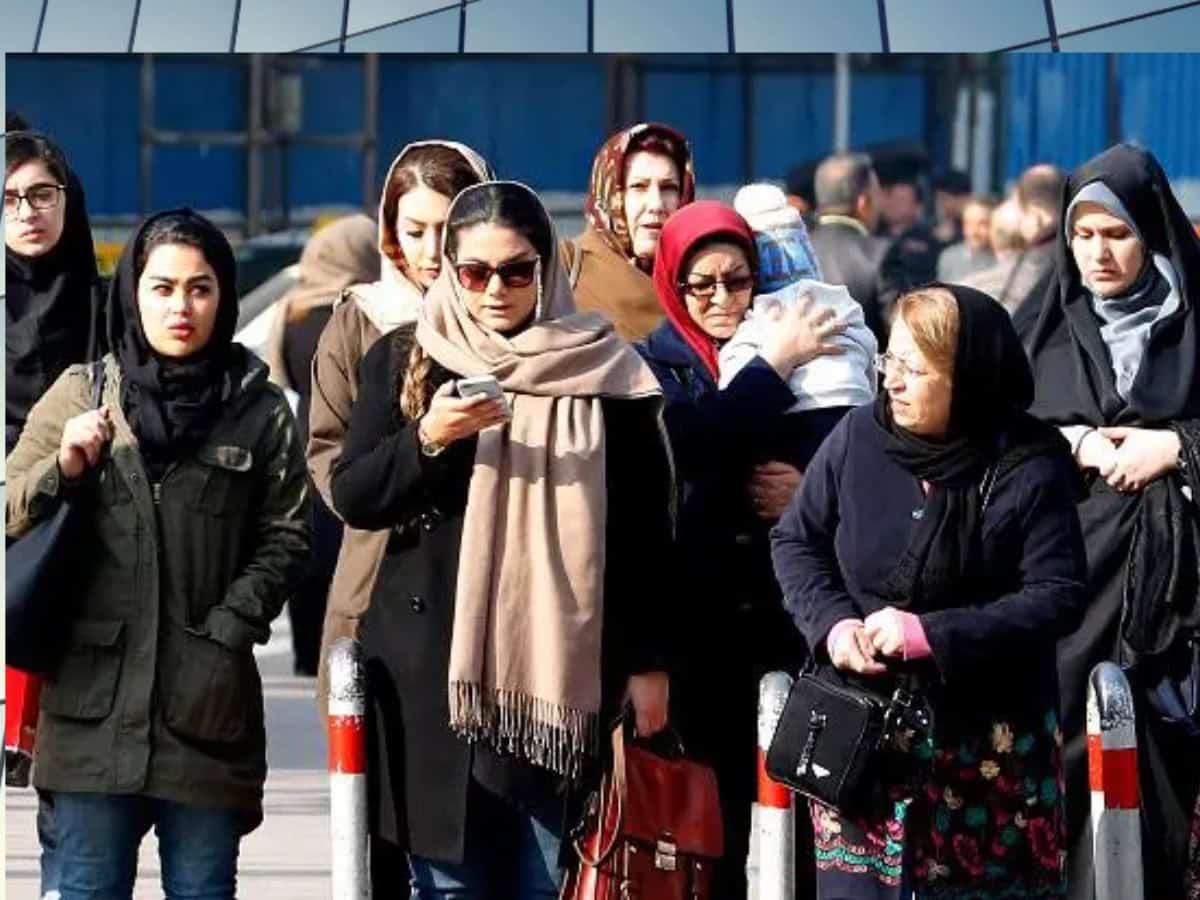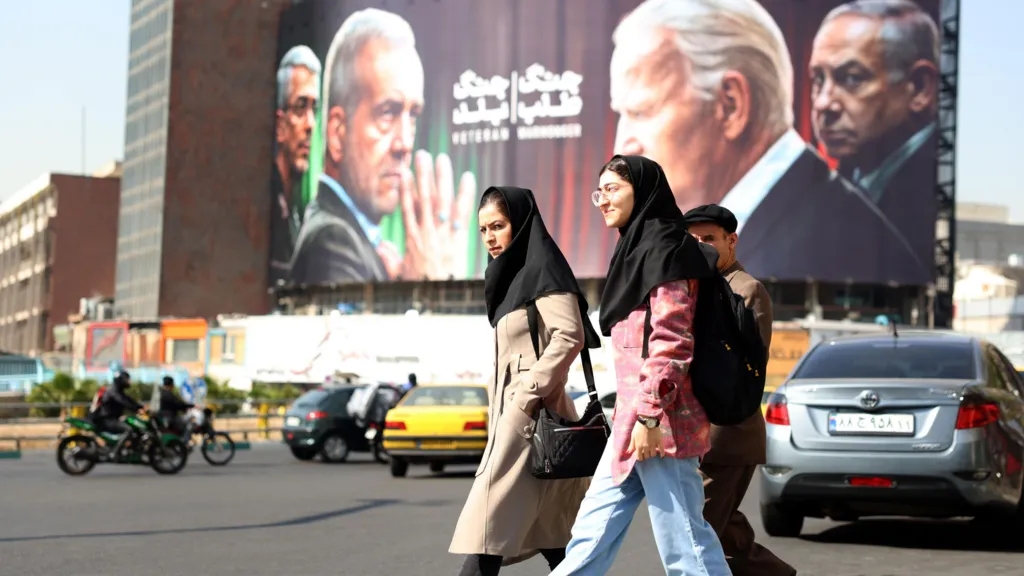
Iran’s rulers, the self-declared custodians of morality, have decided to temporarily suspend their shiny new hijab law.
The legislation – which essentially criminalizes women for daring to expose a strand of hair or, heaven forbid, an ankle – was due to launch on December 13.
But facing growing domestic protests and global ridicule, Iran’s National Security Council decided it’s better to pause the “Hijab and Chastity Law” before it sparks another nationwide uprising.
Of course, they haven’t scrapped the law entirely. Instead, they’ll clarify the ambiguities, because nothing says “we care” like tinkering with how harshly women should be punished.
Dress code penalties: Because fines, prison, and moral police weren’t enough
The original law – crafted by hardliners whose obsession with women’s clothing borders on comical – introduced a buffet of punishments for those not complying with the regime’s dress code. Women could look forward to:
- Fines of up to 841,749,999 Iranian rials (around $2,000), because clearly, economic punishment is what struggling families need right now.
- Prison sentences of up to five years for repeat “offenders,” as though Iran doesn’t already have enough overcrowded cells.
- Revocation of driver’s licenses and passports for those stubborn enough to keep living their lives.
- Vehicle confiscation for drivers caught transporting uncovered women—because cars are apparently accessories to crime now.
If this all sounds extreme, that’s because it is.
Even Iran’s President Masoud Pezeshkian, who heads the Supreme National Security Council, seemed to realize the law might backfire. He admitted the legislation would “provoke unnecessary conflicts” and warned it could further isolate segments of the population.
That’s right. In a rare moment of clarity, Pezeshkian essentially acknowledged that punishing women into submission might not be a sustainable plan.

Critics, both domestic and global, are not impressed
The backlash to the hijab law has been swift and fierce.
Amnesty International didn’t mince words, calling it a “draconian law” that would further entrench repression.
The organization accused Iranian authorities of “seeking to entrench the already suffocating system of repression” and condemned the use of moral police to enforce the dress code.
Masoumeh Ebtekar, a former vice president for women and family affairs, took it a step further, describing the legislation as “an indictment of half the Iranian population.”
Ebtekar’s critique is both bold and accurate – after all, what better way to alienate half your citizens than by criminalizing their clothes?
Domestically, opposition has surged from Iranian women and young people, who have become bolder since the 2022 death of Mahsa Amini.
Amini, a young Kurdish woman, died in police custody after being detained for allegedly violating the dress code – a death that ignited the “Woman, Life, Freedom” movement and triggered months of protests.
Now, two years later, Iranian women continue to defy the state’s authority by shedding their hijabs in public.
BBC News reported that more than 300 Iranian rights activists, journalists, and writers publicly condemned the law last week, calling it “illegitimate and unenforceable.” They also urged Pezeshkian to honor his campaign promises of easing state interference in personal freedoms.
Arresting singers? Really?
If Iran needed another PR disaster, it found one with the arrest of Parastoo Ahmadi, a popular Iranian singer. Ahmadi’s crime?
She livestreamed a virtual concert on YouTube without wearing a hijab – there wasn’t even an audience present. The video quickly went viral, sparking outrage when authorities arrested her and her bandmates.
Facing widespread backlash, officials sheepishly released Ahmadi and her group the next day. But the damage was done. Ahmadi’s arrest became yet another symbol of Iran’s tone-deaf crackdown on women’s rights.

Hardliners vs. reality
Predictably, hardliners close to Supreme Leader Ayatollah Ali Khamenei are fuming over the suspension of the hijab law. They have pressured Pezeshkian to enforce it, dismissing concerns about protests or international scrutiny.
For them, the hijab isn’t just a piece of fabric – it’s a symbol of the regime’s authority, and its rejection threatens their grip on power.
But younger Iranians, who make up a significant portion of the population, have made it clear they are not afraid to challenge the regime.
Over the past two years, women have walked unveiled through public spaces, daring officials to punish them. Pezeshkian’s supporters argue that enforcing harsher penalties will only escalate defiance, not suppress it.
As one supporter put it bluntly, “The new hijab law will fail to discourage young women from defying it and could even worsen the situation.”
The regime hits pause – out of fear, not mercy
The decision to halt the hijab law’s implementation is not a sign of mercy or reform. It’s a calculated move by a regime increasingly aware that public anger, once ignited, is hard to extinguish.
The authorities likely remember the mass demonstrations of 2022 all too well and are wary of history repeating itself.
For now, Iranian women can claim a small but symbolic victory.
The regime has been forced to blink, even if temporarily. But as Amnesty International, critics like Ebtekar, and the defiant women in Iran have made clear – this fight is far from over.





